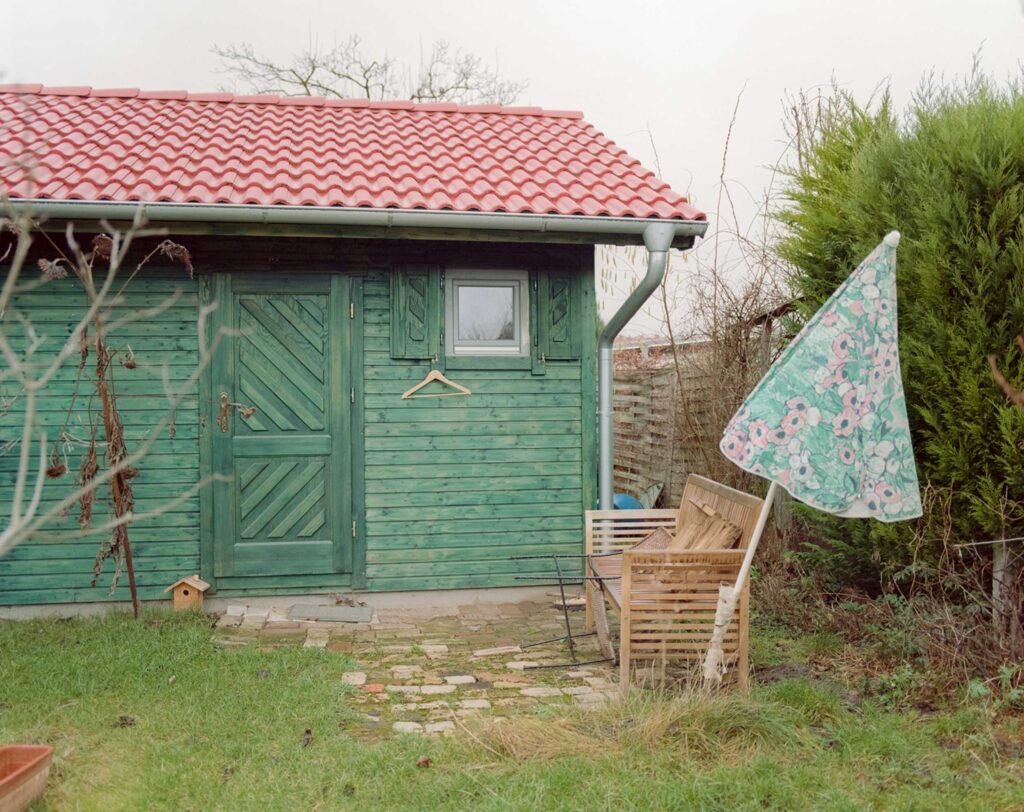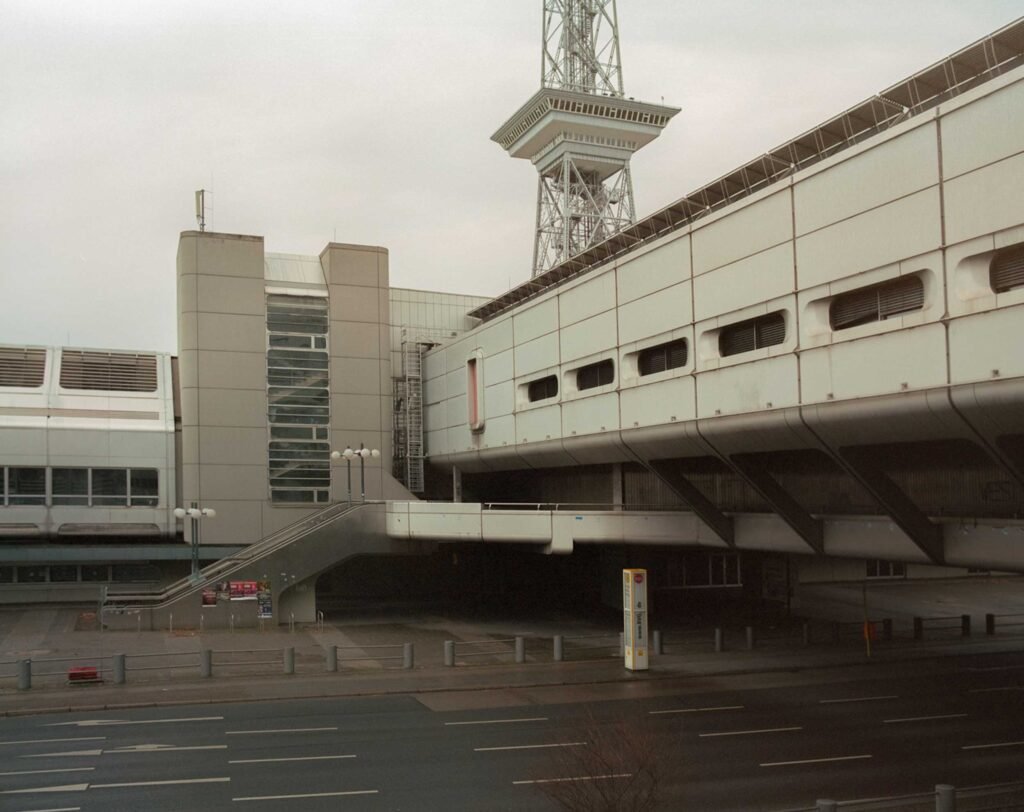“You Don’t Need Soil To Grow” explores the dynamics of nomadism and rootedness in modernity.
Connection to a place is commonly seen as an expression of the roots of human beings and their relationship to the world around them.
In the past, the realization of one’s own identity was perceived above all in relation to the rooting in the territory of belonging.
According to the theory of “liquid modernity” by sociologist Zygmunt Bauman, contemporary citizens inhabit a world in perpetual metamorphosis, where interpersonal relationships and identities are subject to incessant changes.
The transition to modernity has meant that phenomena such as urbanization and gentrification have altered urban topography, affecting the texture of communities and changing the ways in which people interact with their surroundings.
“You don’t need soil to grow” identifies Berlin as a symbolic container for the representation of these dynamics.
Characterized by the strong presence of “expats”, or expatriates from different parts of the world, is an example of the possible emergence of transitional communities within a pre existing context. These presences are defined by Bauman as “flâneurs of liquid modernity”, that is as those who in their continuous wandering give form and substance to the multiplicity of human experiences.
Portraits of expatriate women, of different ages, from various parts of the world (Israel, Poland, Czech Republic, USA, Australia, Brazil, Russia, Philippines, United Kingdom) are captured and photographed in impersonal urban spaces to emphasize the fluidity of the connection with the place.
In this scenario, the German “Kleingarten” (small gardens) represent a further example of how individuals seek to regenerate balance and community in an ever-changing city. These communal green spaces represent a refuge within the city that welcomes them within concrete walls, a place where they can recover a connection with the earth and a sense of belonging. Widespread in Germany and arose in the first half of the twentieth century, they are urban oases in which to cultivate their own vegetable garden, interact with neighbors, reconnect with the earth and with a more stable and solid temporal dimension. This journey between spaces and figures gives life to a possible narration on the relationship between earth and individual.
Benedetta Ristori is a freelance photographer currently based in Italy. Her work is focused on the tension between a form and the space it takes and where it’s contained by. Daily objects or common landscapes that are apparently meaningless, for the artist are symbols of connection between interiority and materiality. The outside world is faced and represented through suspended atmospheres, bringing the viewer into a spaceless and timeless experience. Working in both staged and documentary photography, the vision is always consistent, combining location, colors and composition, with a particular attention on subtraction and reduction to the essential.
In 2014 she was interviewed by the magazine Vanity Fair in the Emerging Photographers section. In 2015 Benedetta was one of the finalist of the ‘Next Photographer Award’ by D&AD in partnership with Getty Images. In 2016 one photo of her project “Lay Off” was the winner of the People category in the 16th Smithsonian Magazine photo contest. The same year her project “Lay Off” is published by Vogue Italia, Ignant, Il Muro, Positive Magazine and others. In 2015 she begin the series ‘East’ ended in 2018. The project is published on VICE, It’s Nice That, Freunde Von Freunden, The Space Magazine, The Calvert Journal. In 2017 she was one of the 100 creatives chosen to represent the Lazio region in the annual initiative “Lazio Creativo 2017”. In 2018 she self-published her first book “East”, from the homonymous series. In 2020 Ristori is one of the winners of “Refocus” by MiBact in collaboration with the Museum of Contemporary Photography and Triennale Milano. Her work has been to illustrate articles in Bloomberg Businessweek, Zeit Magazine, Forbes, Label Magazine, Document Journal and others. She has worked commercially for clients like Airbnb, Fendi, Nike, Action Aid International. Her projects are exposed in various international exhibitions.













